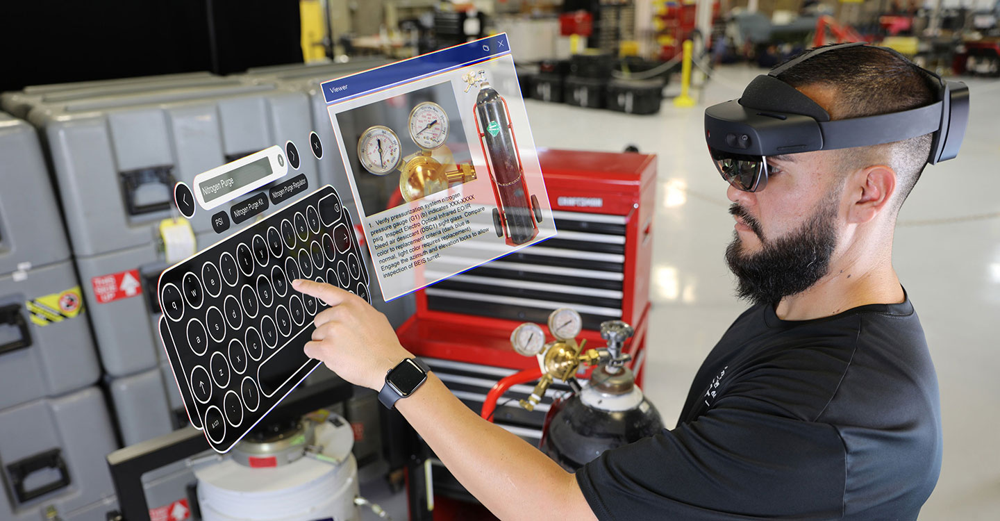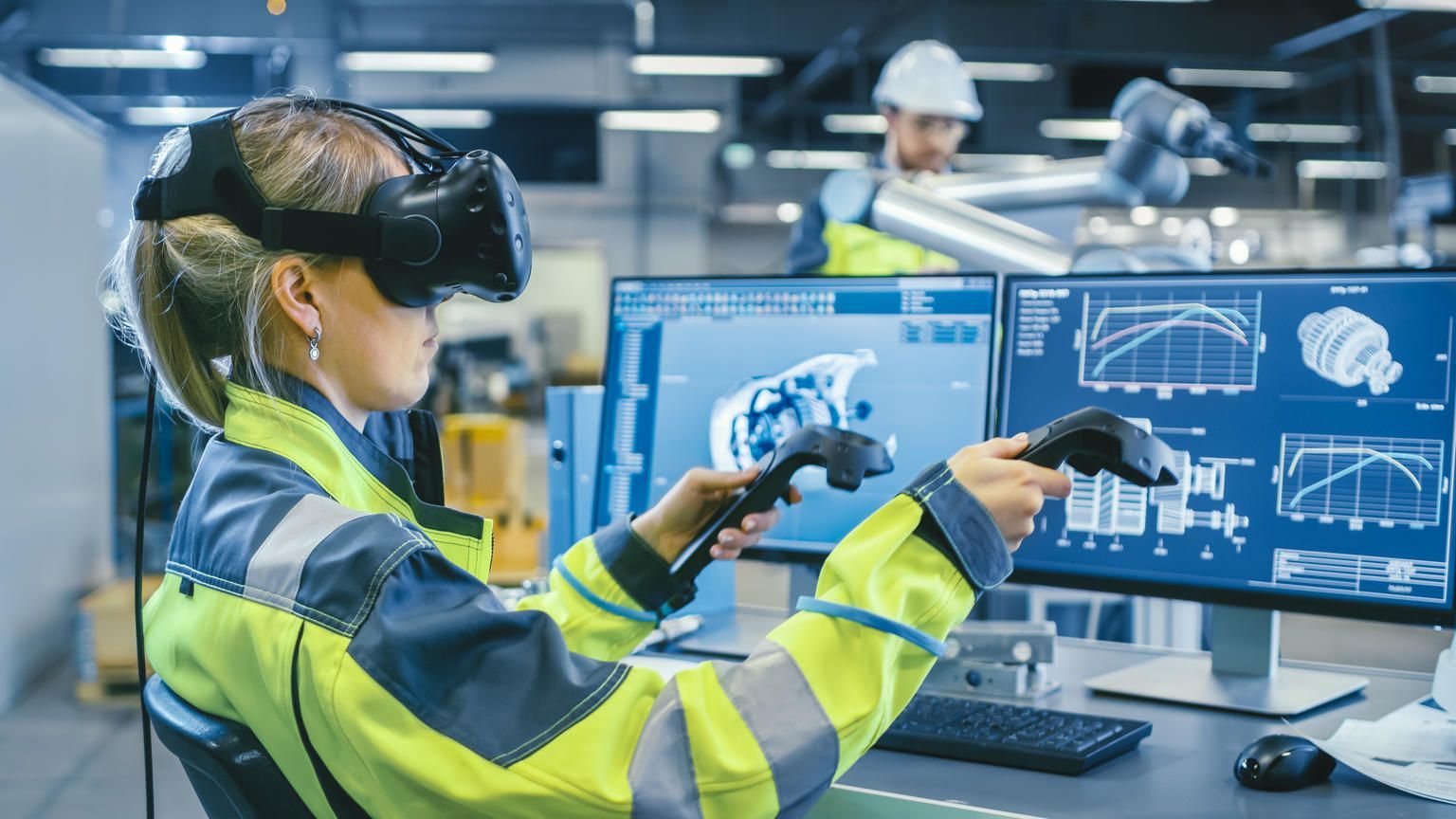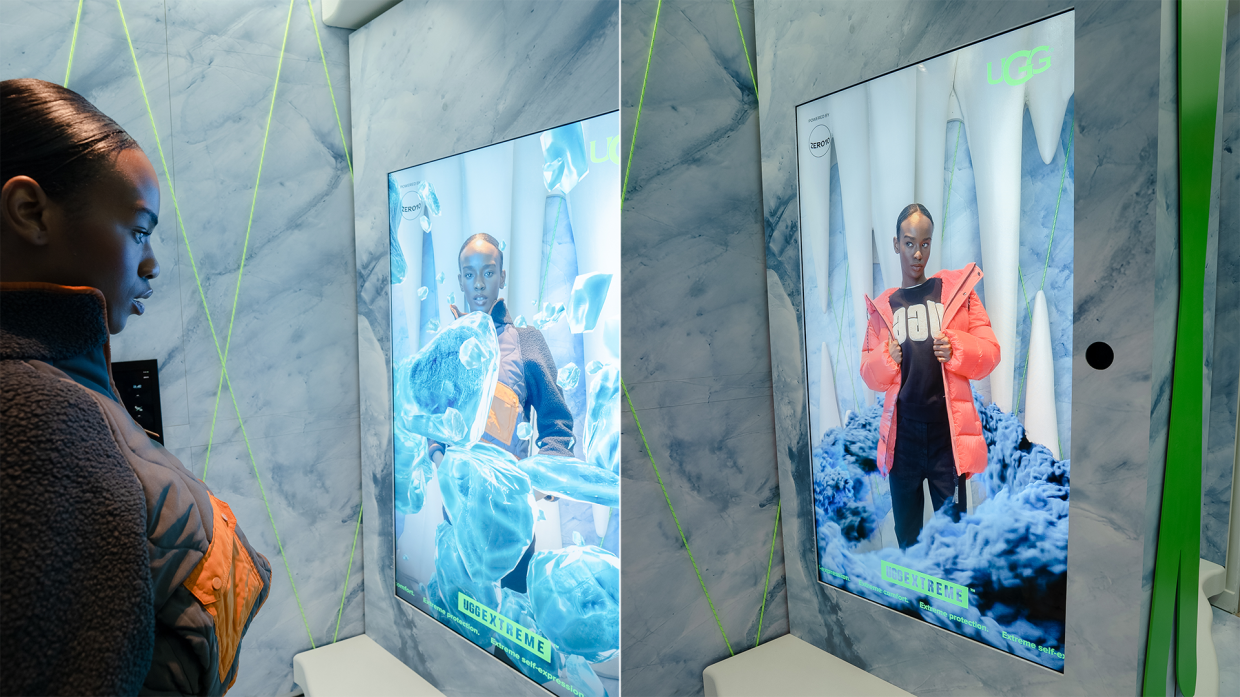How Virtual Reality Technology Impacts Mental Health and Therapy
Introduction to Virtual Reality
The journey of virtual reality (VR) technology from a science fiction dream to a therapeutic reality is nothing short of fascinating. With the rise of VR applications in healthcare, we're witnessing a new frontier where tech meets human psychology for groundbreaking treatments.
Understanding VR and Mental Health
The mind's intricate wiring is still a subject of mystery in many ways, but VR technology has begun to unlock some of its secrets, particularly in mental health therapy. Let’s delve into the science behind this and discover how VR aids in mental well-being.
The Science Behind VR and the Brain
Engaging with VR has shown to stimulate brain areas that traditional therapy cannot always reach. But what is it about VR that's so unique to our neural pathways? This section will explore the brain's response to virtual environments.
How VR is Used in Mental Health
Mental health professionals are increasingly turning to VR for its versatility in treatment options. From exposure therapy for PTSD to mood enhancement programs for depression, VR's applications are extensive.
Exposure Therapy
By safely confronting fears in a controlled, virtual setting, patients can work through their anxieties in a manner that's both effective and empowering.
Anxiety Reduction
Through serene virtual landscapes, VR provides a calming experience, proving to be a promising tool for anxiety management.
Stress Management
Relaxation techniques within VR settings are evolving, offering new ways for patients to manage daily stressors.
Mood Enhancement
Positive virtual experiences are being used to uplift spirits and improve overall mood, showing great promise in the treatment of depression.
VR Therapy: Advantages Over Traditional
What makes VR therapy stand out against traditional methods? Here, we'll discuss the unique benefits that VR brings to the therapist's office.
The Patient Experience with VR
Personal narratives and testimonials can offer a glimpse into the transformative power of VR. This section will share real stories of how VR has catalyzed change in people’s mental health journeys.
The Therapeutic Process Using VR
A closer look at what a VR therapy session entails will help demystify the process for those curious about this innovative treatment method.
Immersive Healing Environments
By creating environments tailored to individual needs, VR fosters an immersive healing experience.
Interactive Therapy Sessions
Through interactive VR programs, patients are not just passive recipients but active participants in their healing process.
Innovations in VR Technology
As VR hardware and software evolve, the potential for VR in therapy grows. This section will highlight recent tech advancements that are shaping the future of mental health treatments.
Measuring the Impact
Hard data and case studies help to quantify the effects of VR on mental health. We will explore research findings and real-world examples of VR's impact on therapy outcomes.
Limitations and Considerations
While VR offers promising advantages, it's not without its limitations. This part will address the challenges and discuss who stands to benefit most from VR therapies.
Looking Forward
The horizon is bright for VR in mental health, but ethical considerations and accessibility remain pivotal topics. Here, we’ll consider what the future holds for VR and therapy.
Conclusion
In conclusion, VR technology is more than just an innovative tool—it's a catalyst for profound change in mental health therapy, offering new hope for those seeking help.
FAQs
We’ll address some common questions about VR and mental health to further clarify this exciting development in therapeutic practices.
TALK TO A PRO
We're here to bring your brand to life!
Stay Connected with BrandXR
Create Augmented Reality for Free!
Create, Publish, and Measure 3D Augmented Reality Experiences Without Having to Code.














